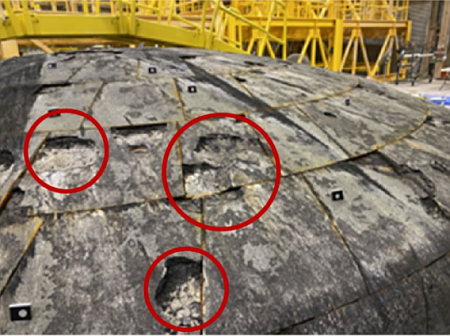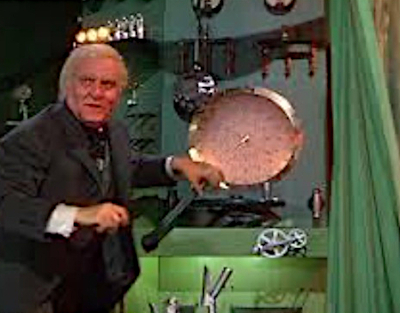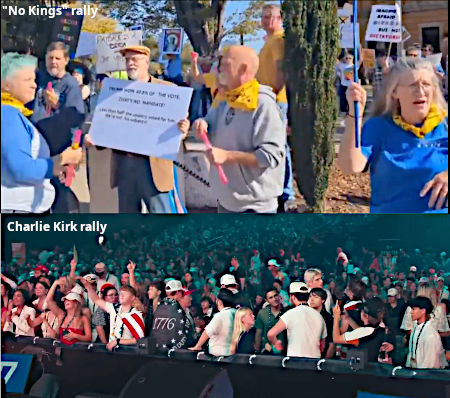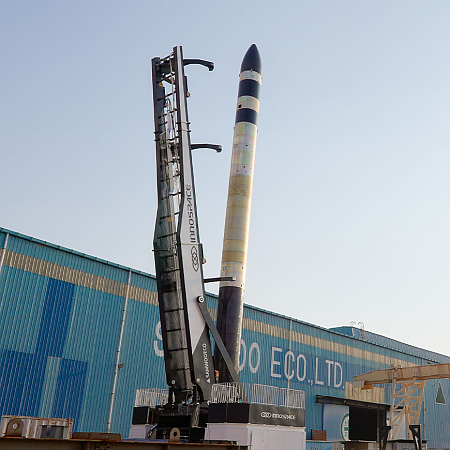NASA’s acting administrator, Sean Duffy, announced yesterday in a tweet that Hungary has now signed the Artemis Accords.
There was no NASA press release because of the government shutdown.
Hungary is now the 57th nation to sign the accords. The full list of nations now part of this American space alliance: Angola, Argentina, Armenia, Australia, Austria, Bahrain, Bangladesh, Belgium, Brazil, Bulgaria, Canada, Chile, Colombia, Cyprus, Czech Republic, Denmark, Dominican Republic, Ecuador, Estonia, Finland, France, Germany, Greece, Hungary, Iceland, India, Israel, Italy, Japan, Liechtenstein, Lithuania, Luxembourg, Mexico, the Netherlands, New Zealand, Nigeria, Norway, Panama, Peru, Poland, Romania, Rwanda, Saudi Arabia, Senegal, Singapore, Slovakia, Slovenia, South Korea, Spain, Sweden, Switzerland, Thailand, the United Kingdom, the United Arab Emirates, the Ukraine, the United States and Uruguay.
The addition of Hungary means that almost the entire European portion of the former Soviet bloc has now joined the alliance. I suspect the desire of these nations to ally with the U.S. and the west is a reflection of their fear of Russia, which has not been kind to its neighbors, both during the Cold War as well as recently.
It still remains to be seen if this alliance will be used by the American government to encourage property rights in space, something that the Outer Space Treaty presently outlaws. That appeared to be its original goal when the accords were created during the first Trump administration. That goal however was abandoned during the Biden administration, making the accords alliance more of a globalist collective in support of the Outer Space Treaty’s restrictions.
So far during Trump’s second administration no action has been taken to reassert those original goals.













